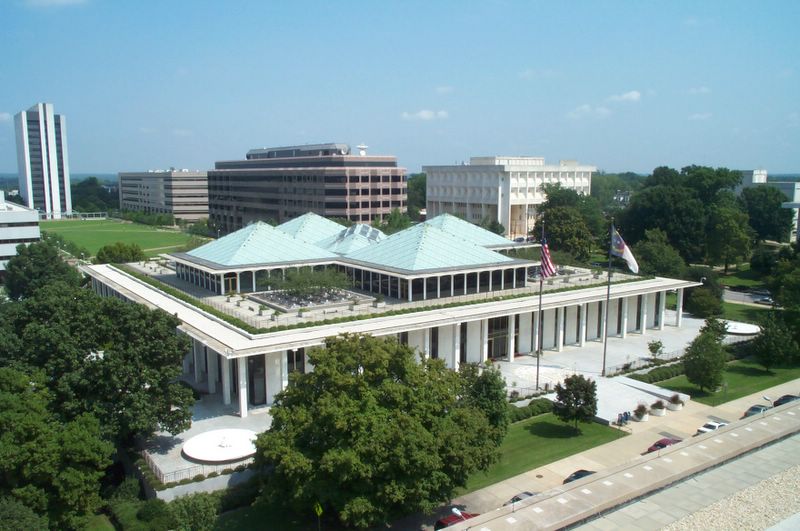By George Reed, Retired Executive Director
Updated December 21, 9:50 p.m.
Special Session #5 of the General Assembly adjourned this evening without passing anything.
The Senate moved first. But the bill introduced by Senate President Pro Tem Phil Berger (R-Eden) was not a “clean” repeal bill. Rather it had two sections: the first repealed HB2, but the second declared a six-month “cooling-off period” before any local governments could enact new anti-discrimination ordinances. This, of course, amounted to a moratorium that kept in place the effects of HB2. As one senator noted, it was the right hand giving something and then the left hand taking it back. Later in the day the bill was amended to change the cooling-off period from six months to 30 days after the 2017 General Assembly adjourned, which would almost certainly have been a longer period of time.
There was then procedural wrangling about dividing the vote into two parts: the repeal of HB2 and the cooling-off period. Sen. Berger made clear that, if both parts passed, the whole bill would then go to the House. Sen. Ralph Hise (R-Spruce Pine) noted that he had always opposed these divided votes because they enable the Senate to pass something it could not otherwise pass. (Think of it this way. With this divided vote, you would expect all of the Democrats and some of the Republicans to vote for the repeal of HB2. Then you would expect most or all of the Republicans to vote for the cooling-off period. But you probably wouldn’t have gotten a majority of the full Senate to vote for the full bill.) After the Senate voted to divide the bill for purposes of the vote, it then voted down the first part, the HB2 repeal. Half of the Republicans, who didn’t want to repeal HB2 at all, were joined by the Democrats, who saw this as the only way to prevent the ongoing cooling-off period, and voted to defeat it. Shortly thereafter the Senate voted to adjourn, something the House had already voted on.
So, as Sen. Floyd McKissick (D-Durham) noted, nothing has changed about HB2, and North Carolina is worse off in the eyes of the rest of the nation. There will be lots of analysis and lots of accusations in coming days about what happened, but it was clear that legislative leaders were unable to produce the votes for a clean and full repeal of HB2 in return for Charlotte repealing its anti-discrimination ordinance. As Sen. Jeff Jackson (D-Charlotte) said, “This was not the deal. The deal was that Charlotte repeals its ordinance and we [the General Assembly] repeal HB2.”
By George Reed, Retired Executive Director
Just when you thought it might be safe to come out of hiding, the General Assembly is being called back, yet again, for a special session, its fifth of the year. (In case you weren’t keeping count, the first was for court-ordered redistricting, the second for HB2, the third for disaster relief, and the fourth, convened immediately after the third, to enable the Republican General Assembly to strip away as much power as possible from incoming Democratic governor Roy Cooper.)
Yesterday morning the Charlotte City Council voted unanimously to rescind its GLBT ordinance, which had led to Special Session #2 and HB2. Governor McCrory then issued a call for Special Session #5, to reconsider HB2. These two actions are clearly part of behind-the-scenes negotiations which appear to have included Governor-elect Cooper, Charlotte leaders, Governor McCrory, and legislative leaders, in an effort to remove what has been a blight on North Carolina from the moment it was hurriedly adopted by the General Assembly and signed by McCrory.
The special session has been called for tomorrow morning, Wednesday, December 21. The call is from the Governor, not legislative leaders, and it is limited to “reconsidering” HB2. Of course, as we learned last week, Speaker of the House Moore and Senate President Pro Tem Berger could always call a separate, SIXTH special session and take up whatever they missed last week.
If HB2 is repealed in its entirety, the result would seem to be that all local governments which had local ordinances against GLBT discrimination pre-HB2 would have those ordinances spring back to life. In addition, local ordinances requiring certain minimum wages to be higher than the state’s (also invalidated by HB2) would once again be in force. And local governments would be free to adopt new anti-GLBT-discrimination provisions or higher minimum wages. Under the conditions of yesterday’s action by the Charlotte City Council, if HB2 isn’t repealed “in its entirety” by December 31, Charlotte’s anti-discrimination ordinance would be revived.
Suggested Action: Be in contact with your state senator and state representative TODAY to tell them that you support the full repeal of HB2. Additional communications, with the same message, can be directed to Governor McCrory, Senator Berger, and Speaker Moore. Here’s contact info:
— If you don’t know who your legislators are, click here for help. If you need their phone numbers or email addresses, click here for the House and here for the Senate.
— Speaker of the House Tim Moore. 919-733-3451. Tim.Moore@ncleg.net
— President Pro Tem Phil Berger. (919) 733-5708. Phil.Berger@ncleg.net
— Governor Pat McCrory. (919) 814-2000. Or use the form at http://governor.nc.gov/contact/email-governor


